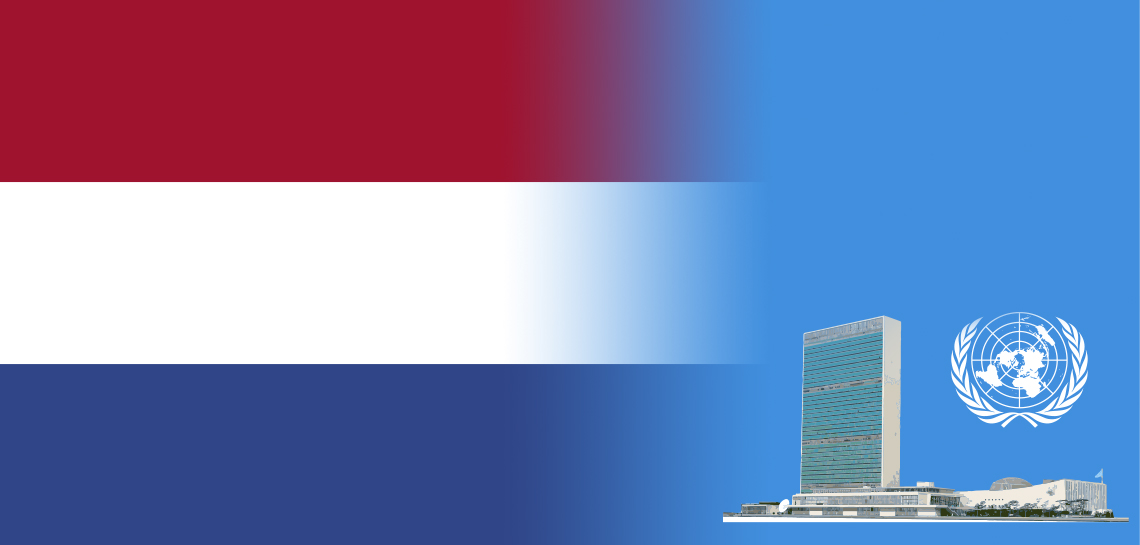
Communication No. 2124/2011
UN Human Rights Committee
Between 2006 and 2009, the police received hundreds of reports from individuals and organizations concerning insults and incitement to discrimination, violence and hatred by Geert Wilders, a Member of Parliament and the founder of the Party for Freedom. The court acquitted Wilders and the authors held that this was contrary to Article 20 (2) of the International Covenant on Civil and Political Rights. The Committee notes that Article 20 (2) does not expressly require the imposition of criminal penalties, but instead requires that such advocacy be “prohibited by law”. Such prohibitions may include civil and administrative as well as criminal penalties.
(Alleged) target(s) of speech: Muslims, immigrants
Link: https://juris.ohchr.org/Search/Details/2153
Theme(s): Ethnic and Religious hatred
Date: 14 July 2016
Description of applicant(s): Citizens
Brief description of facts: Between 2006 and 2009, the police received hundreds of reports from individuals and organizations concerning insults and incitement to discrimination, violence and hatred by Geert Wilders, a Member of Parliament and the founder of the Party for Freedom. However, the public prosecutor decided not to prosecute Mr. Wilders, arguing that his statements were not criminal but fell within the space granted by freedom of expression in public debate. The prosecutor issued a letter to all those who had reported Mr. Wilders’ statements to the police explaining that no prosecution would take place because the reported facts were not liable to punishment under the Criminal Code. Under Dutch Law, a citizen who has a direct interest in a prosecution can lodge a complaint with a court of appeal against a decision not to prosecute. That is what a number of victims and other interested parties did in the present case. As a result, the Amsterdam Court of Appeal, on 21 November 2009, ordered the prosecutor to prosecute Mr. Wilders before the Amsterdam District Court. Pursuant to that order, the prosecutor issued a summons in which Mr. Wilders was invited to defend himself on charges of insulting a group for reasons of race or religion and for incitement to hatred and discrimination on grounds of religion or race. The Court acquitted Wilders. The authors claimed that Mr. Wilders’ acquittal was contrary to Article 20 (2) of the International Covenant on Civil and Political Rights. The Committee notes that Article 20 (2) does not expressly require the imposition of criminal penalties, but instead requires that such advocacy be “prohibited by law”. Such prohibitions may include civil and administrative as well as criminal penalties.
(Alleged) target(s) of speech: Muslims, immigrants
The Committee’s assessment of the impugned speech:
The Committee found that the Netherlands had established a legislative framework to provide for the protection of Article 20(2) and this was sufficient for purposes of this article. Ensuring a prosecution does not constitute part of its obligations.
Important paragraph(s) from the decision:
10.4 Regarding the authors’ claims that Mr. Wilders’ acquittal breached their rights under articles 2 (3), 20 (2) and 26, the Committee notes that article 20 (2) secures the right of people as individuals and as members of groups to be free from hatred and discrimination under article 26 by requiring States to prohibit certain conduct and expression by law.18 It is only with regard to the specific forms of expression indicated in article 20 that States parties are obliged to have legal prohibitions.19 Article 20 (2) is crafted narrowly in order to ensure that other equally fundamental Covenant rights, including freedom of expression under article 19, are not infringed. The Committee recalls in this regard that freedom of expression embraces even expression that may be regarded as deeply offensive. Moreover, the free communication of information and ideas about public and political issues between citizens, candidates and elected representatives is essential to the promotion and protection of free expression.
10.7 The State party has chosen to establish a legislative framework through which statements contemplated by article 20 (2) of the Covenant are prohibited under criminal law, and which allows victims to trigger, and participate in, a prosecution. Such a prosecution was pursued in the present case, and the trial court issued a detailed judgment evaluating Mr. Wilders’ statements in the light of the applicable law. The Committee therefore considers, in the light of the arguments and the circumstances of the case, that the State party has taken the necessary and proportionate measures to “prohibit” statements made in violation of article 20 (2) and to guarantee the right of the authors to an effective remedy in order to protect them against the consequences of such statements. The obligation under article 20 (2), however, does not extend to an obligation for the State party to ensure that a person who is charged with incitment to discrimination, hostility or violence will invariably be convicted by an independent and impartial court of law.
ICCPR Article: Article 20(2)
Decision: No violation
